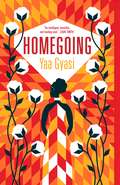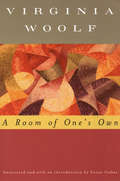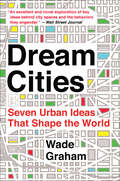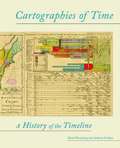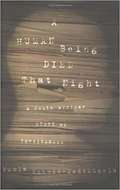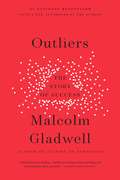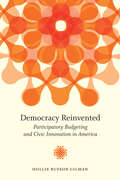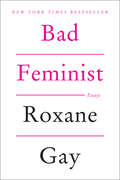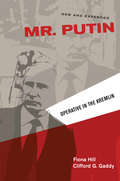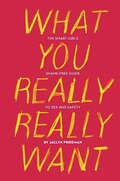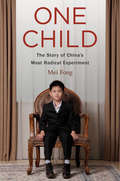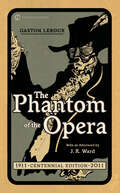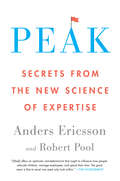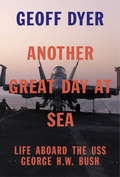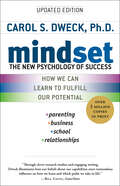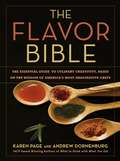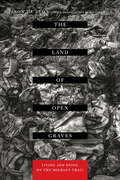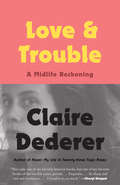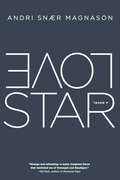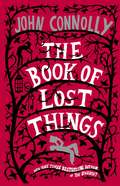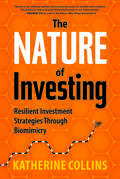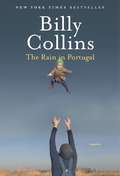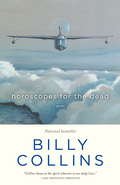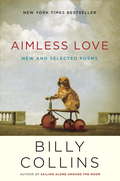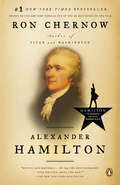Special Collections
| Category | Title | Author | Date Added | Action |
|---|---|---|---|---|
| When you want to understand what’s going on in the world |
|
Yaa Gyasi | 06/30/2017 | |
| When you want to understand what’s going on in the world |
|
Virginia Woolf and Mark Hussey and Susan Gubar | 06/30/2017 | |
| When you’re spending summer in the city |
|
Wade Graham | 06/30/2017 | |
| When you want to learn from the past |
|
Daniel Rosenberg and Anthony Grafton | 06/30/2017 | |
| When your idea of a vacation is stepping into another’s life |
|
Pumla Gobodo-Madikizela | 06/30/2017 | |
| When you’re plotting to conquer the world |
|
Malcolm Gladwell | 06/30/2017 | |
| When you’re itching to go back to school |
|
Hollie Russon Gilman | 06/30/2017 | |
| When you want to understand what’s going on in the world |
|
Roxane Gay | 06/30/2017 | |
| When you want to understand what’s going on in the world |
|
Fiona Hill and Clifford G. Gaddy | 06/30/2017 | |
| When you want useful information |
|
Jaclyn Friedman | 06/30/2017 | |
| When you want to understand what’s going on in the world |
|
Mei Fong | 06/30/2017 | |
| When you’re lying in the sun |
|
Gaston Leroux and Dr John L. Flynn | 06/30/2017 | |
| When you’re plotting to conquer the world |
|
Robert Pool and Anders Ericsson | 06/30/2017 | |
| When you’re lying in the sun |
|
Geoff Dyer | 06/30/2017 | |
| When you’re plotting to conquer the world |
|
Carol S. Dweck | 06/30/2017 | |
| When you’re prepping for a picnic, BBQ or houseguests |
|
Karen Page and Andrew Dornenburg | 06/30/2017 | |
| When you want to understand what’s going on in the world |
|
Jason De Leon | 06/30/2017 | |
| When you’re in the mood for adventure |
|
Claire Dederer | 06/30/2017 | |
| When you’re lying in the sun |
|
Andri Snaer Magnason and Victoria Cribb | 06/30/2017 | |
| When you’re in the mood for adventure |
|
John Connolly | 06/30/2017 | |
| When you want useful information |
|
Katherine Collins | 06/30/2017 | |
| When you’re lying in the sun |
|
Billy Collins | 06/30/2017 | |
| When you’re lying in the sun |
|
Billy Collins | 06/30/2017 | |
| When you’re lying in the sun |
|
Billy Collins | 06/30/2017 | |
| When you want to learn from the past |
|
Ron Chernow | 06/30/2017 |
